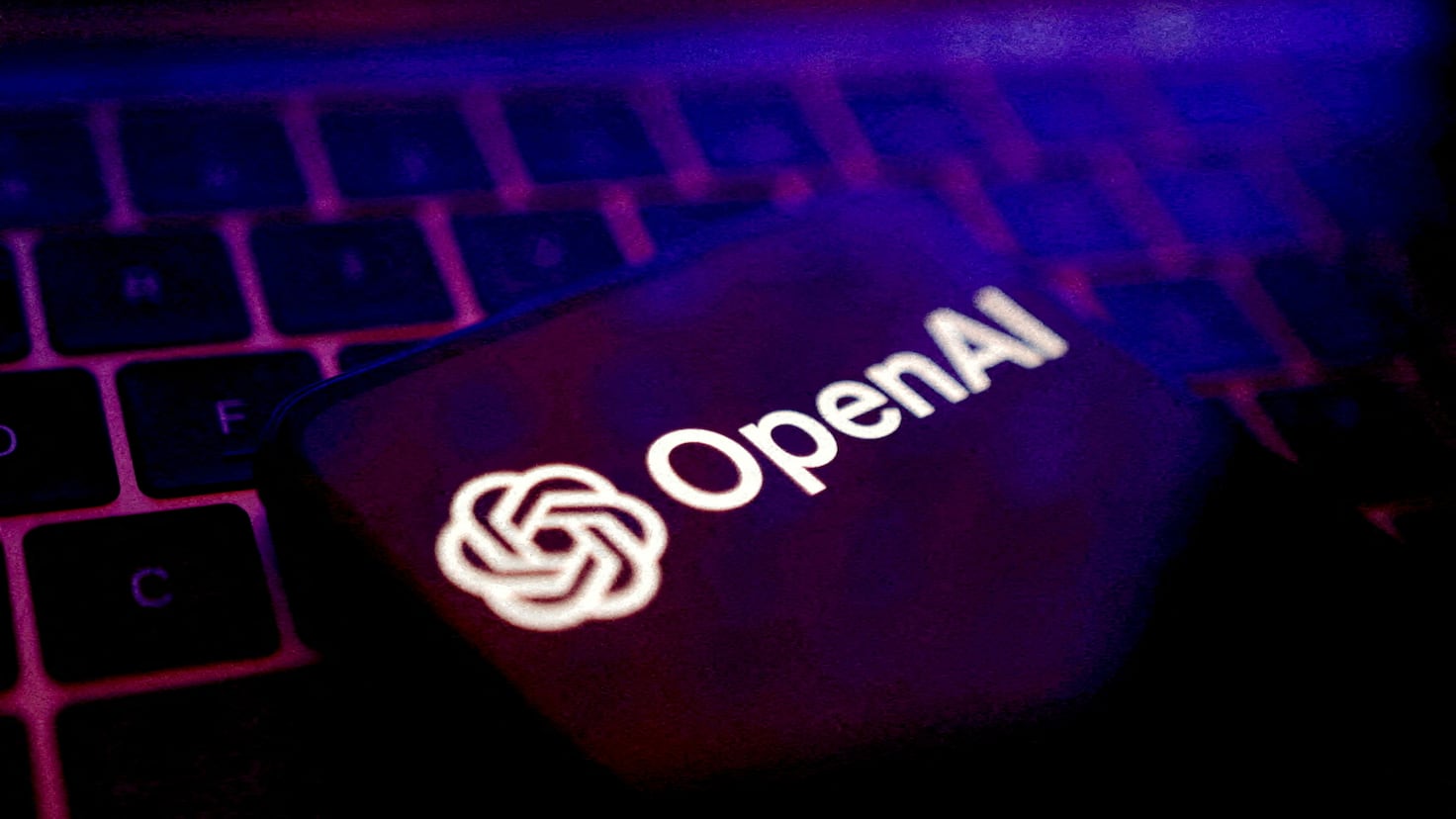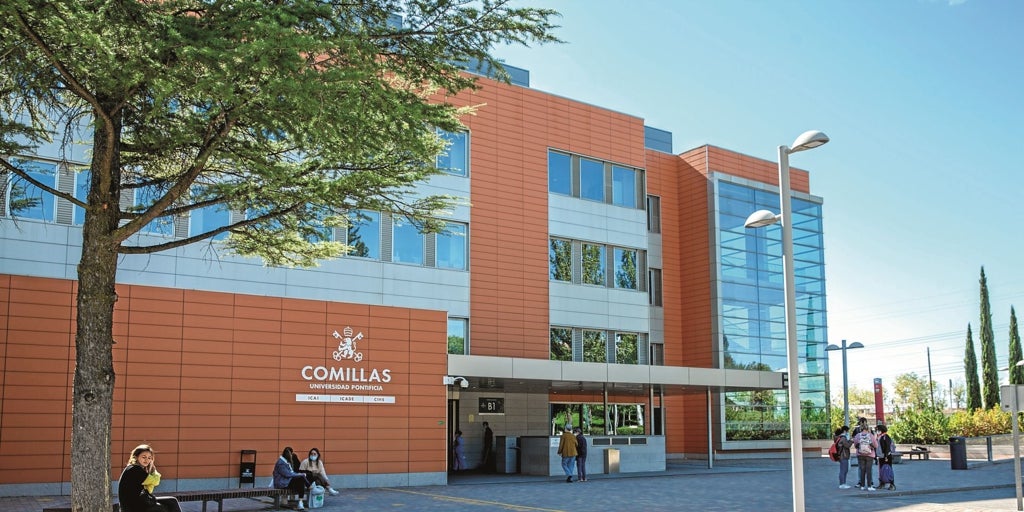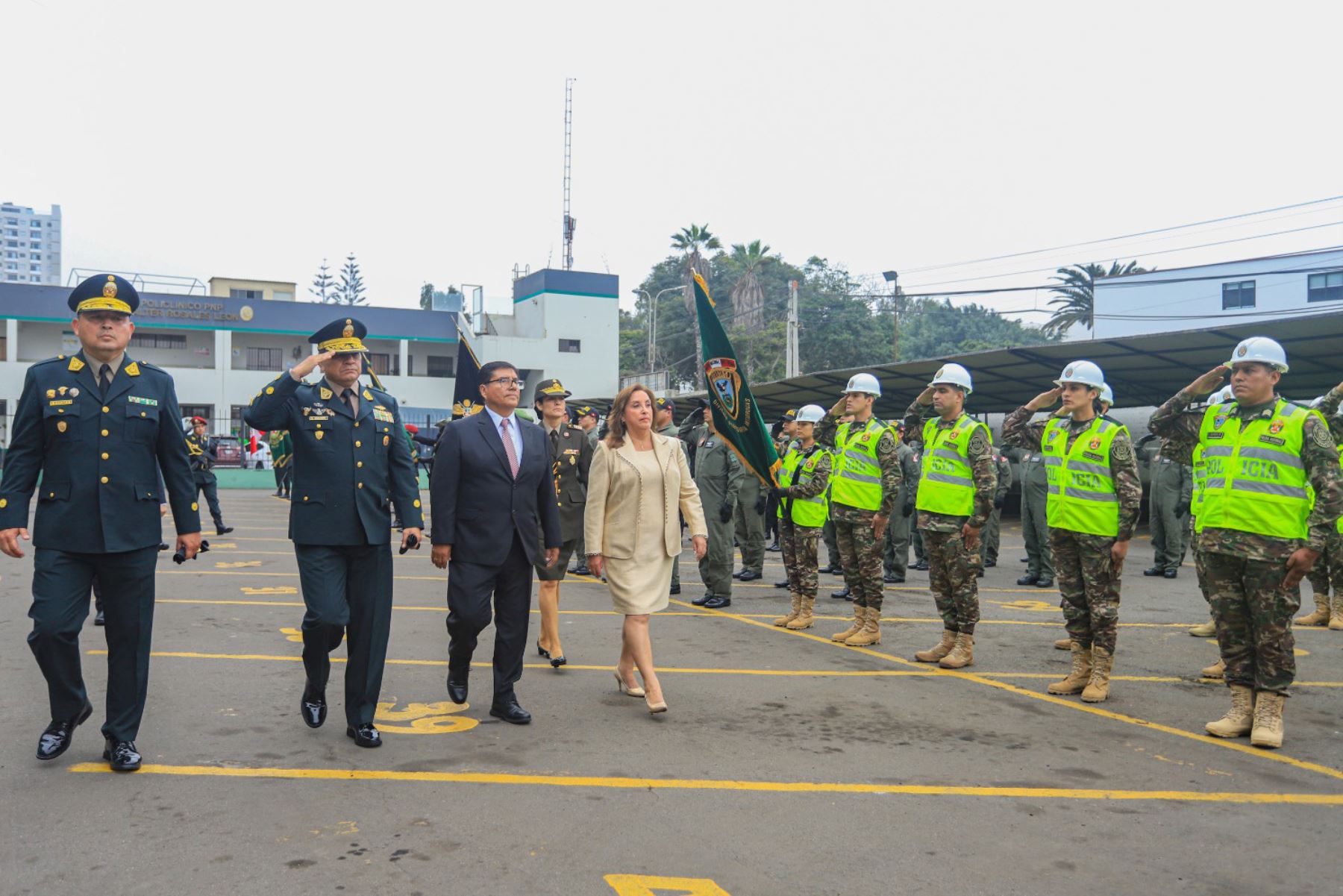AI-Powered Job Losses Loom: Will Major US Companies Face Mass Layoffs?

The rise of Artificial Intelligence (AI) is sparking both excitement and anxiety across industries. While AI promises unprecedented efficiency and innovation, a growing concern is its potential impact on the U.S. workforce. Experts are now warning that AI's rapid advancement could lead to significant job displacement and even mass layoffs in major U.S. companies. This isn't a distant threat—the shift is already underway.
The AI Revolution: Beyond Automation
Historically, automation has eliminated certain jobs, but it has also created new ones. However, AI is different. Unlike traditional automation, which requires explicit programming, AI systems can learn, adapt, and perform tasks that previously required human intelligence. This includes roles in customer service, data analysis, software development, and even creative fields. The sheer breadth of tasks AI can potentially handle is unprecedented.
Which Industries Are Most Vulnerable?
Several sectors are particularly susceptible to AI-driven job losses. The finance industry, with its reliance on data processing and analysis, is facing significant disruption. Similarly, the transportation sector, with the advent of self-driving vehicles, could see a dramatic reduction in the need for human drivers. Retail, already struggling with online competition, may experience further job cuts as AI-powered automation streamlines operations. Even white-collar professions, like legal and accounting, are not immune, as AI tools become increasingly capable of performing routine tasks previously handled by human professionals.
The Scale of Potential Layoffs
Estimates of the potential job losses vary widely. Some analysts predict that millions of U.S. jobs could be eliminated within the next decade. While these predictions are often met with skepticism, the underlying trend is undeniable. Major U.S. companies, eager to capitalize on the efficiency gains offered by AI, are already investing heavily in AI technologies, and the pressure to automate is only increasing.
Beyond Displacement: The Need for Reskilling and Adaptation
The challenge isn't simply about job losses; it's about adapting to a rapidly changing labor market. Reskilling and upskilling initiatives are crucial to help workers transition to new roles that complement AI rather than compete with it. Governments, educational institutions, and businesses all have a role to play in providing the necessary training and support. The focus should be on developing skills that are uniquely human – creativity, critical thinking, emotional intelligence, and complex problem-solving.
The Future of Work: Collaboration, Not Competition
The most optimistic scenario envisions a future where humans and AI collaborate to achieve greater productivity and innovation. AI can handle repetitive tasks, freeing up human workers to focus on higher-value activities. However, realizing this vision requires proactive planning, investment in education and training, and a willingness to embrace change.
Navigating the Transition: A Call to Action
The AI revolution is not something to be feared, but it is something to be prepared for. U.S. companies, policymakers, and workers alike must take proactive steps to mitigate the potential negative consequences of AI-driven job displacement and ensure that the benefits of this transformative technology are shared broadly. Ignoring the issue is not an option. The future of work depends on it.





:format(jpg):quality(99):watermark(f.elconfidencial.com/file/bae/eea/fde/baeeeafde1b3229287b0c008f7602058.png,0,275,1)/f.elconfidencial.com/original/a9b/367/2d8/a9b3672d8d925f71ee40c00e48de8bb4.jpg)
